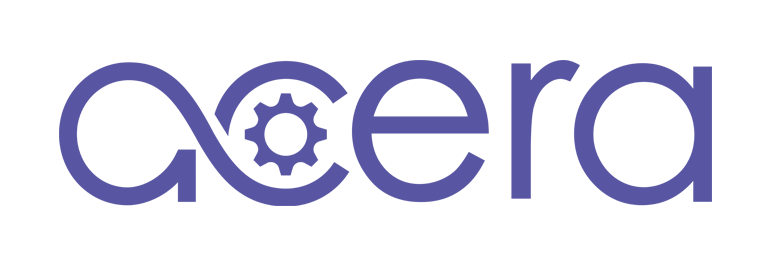Imagine going through a carefully designed 12-year dance program where each year you learn a slate of new steps. Some are based on the steps you learned the previous year, and some come out-of-the-blue as though they have been dreamed up by someone drinking Redbulls and watching sitcom reruns until 3:00 in the morning. At the end of 12 years you are given a certificate as your symbol of conquering all those steps–even the ones that seem meaningless. Yay for you!
What’s missing? You never danced! You didn’t get to apply all those steps you were learning. And certainly there was none of the joy in swirling and gyrating and discovering new ways in which your body could translate feeling into movement. And certainly no expression of original insights or ideas.
Now think of a traditional math program that dutifully builds tall piles of skills without asking you ever to use those skills in an application beyond those short problems offered in textbooks. First of all, where’s the joy in this? Where’s the meaning? And equally important, how ready are the students for a world of work in which they’ll be given problems that don’t come with the tidy packets of information that you need to solve them? Problems that are not carefully crafted for you so that you can follow a recipe? Problems that require you to define them or to set goals? Problems that are not based on a single technique but instead require you to figure out which techniques might be useful. And then follow an iterative approach until you land on something that works. Problems that require you to analyze, evaluate, and create systems of solutions through collaboration? And then communicate those solutions effectively to others and be ready to discuss and defend the validity and meaning of the resulting information?
This is what is driving us at Acera to consider what it means to build someone mathematically? How do you give the students experiences that they will need to thrive in the world? What can and should we give them beyond the steps? We are well aware that knowledge is not enough.
~ Mark Illingworth is a Math Specialist at Acera


